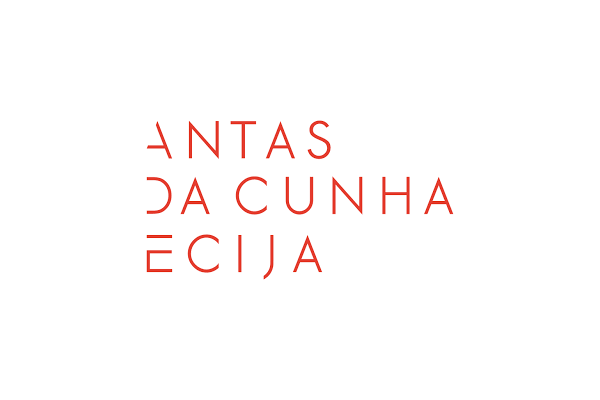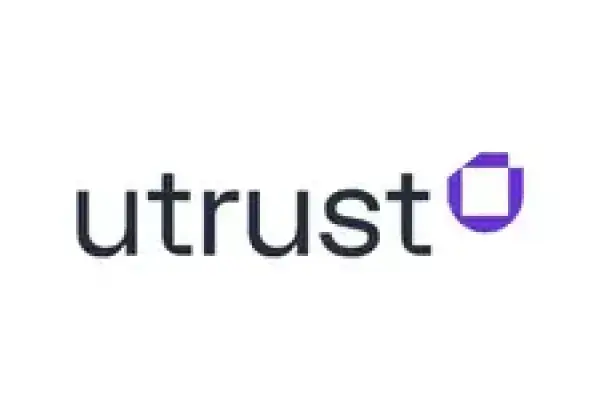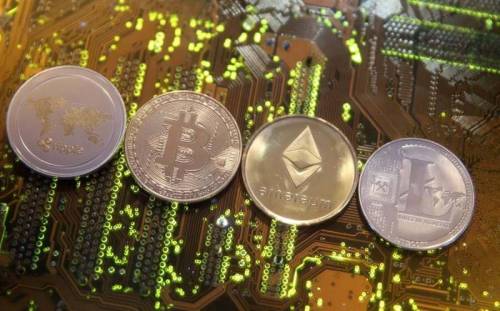Crypto by Zome
Blockchains and Digital Assets
Transacting and exchanging assets is a crucial part of the human development. From the simple bartering of potatoes for carrots in ancient societies, to today's complex stock operations, a key component of our functioning as social beings revolves around the concept of exchanging the product of our effort for the product of the effort of our neighbour in a way that satisfies the needs of both. Unfortunately, because of our own human condition, not all our neighbours will give us all the carrots agreed for our potato sack, i.e. , every transaction has the inherent risk that any of the parties will not abide to the terms of the agreement. To quantify this risk, humans developed the concept of trust . If we trust our neighbour, we have a firm belief that he/she will not break the terms of our agreement and therefore, we will go ahead with the transaction. However, as the world became more and more interconnected and globalised, we transact much more and with many more people and organisations, making difficult to develop trust with every and each of them.
To solve this dilemma, humans resorted to externalise the management of the transaction process to a third party o r intermediary trusted by all transacting parties. This reduces the problem of having to quantify the trust we have in any potential party for a transaction into quantify the trust we have on an intermediary to guarantee that the transaction will take place according to the expectations. In some scenarios, we may even strongly suspect that the other party will breach the contract, but we still need to do a transaction with it. The reliance on a trusted third party enables a transaction that otherwise would not have gone ahead. Unfortunately, this reliance comes with some trade-offs. First, if the intermediary is "offline", no transactions can be performed (think about what happens when Visa or Mastercard are down). Second, intermediaries are not immune to the temptation of breaching trust for their own benefit, for example, favouring one party over the other, or taking advantage of its privileged position to increase fees and to restrict access. Or, as Casey and Vigna argue, intermediaries morph into 1 gatekeepers , becoming more of a problem than a solution.
It was not until very recently that blockchains and Distributed Ledger Technologies entered the scene with the promise of decentralising the management and execution of transactions. With blockchains, it became possible to encode validation rules for transactions and enforce them without an intermediary. Instead, Blockchain protocols enable transparent transaction validation by all the members of the community that transact an asset, or, if required, to externalise it to a pool of validating parties (not necessarily interested in the asset transaction itself, but in providing the service for a fee) in such a way that the cost for one of them to seize control is prohibitively expensive, and a tremendous amount of coordination is needed for a coalition of malicious parties to take over.
The first use case of Blockchains was the implementation of decentralised digital currencies ( aka cryptocurrencies, most notably Bitcoin), designed to reduce the dependency on banks and credit card companies to execute everyday transactions. However, since this initial breakthrough, the concept was generalised to accommodate many different use cases, leveraging the power of Smart Contract platforms to code and deploy the definition of how a transaction should work, and leave validation to the underlying blockchain protocol. Tokens go also beyond the concept of transaction of physical assets and can be used to track other social concepts like reputation.
In this academic paper we will review how Blockchains are being used to support the exchange of Digital Assets. From a technological perspective, we introduce the abstract concept of "Tokens", on which, and discuss the most common ones. From an economics perspective, we will review the use of tokens as a fundraising strategy for start-ups, and therefore, as a way for investors of any size to invest in them, in a mechanism known as Initial Coin Offerings (ICOs).
> Check the complete article here
Source: University of Southampton
Luis-Daniel Ibáñez; Michał R. Hoffman; Taufiq Choudhry














